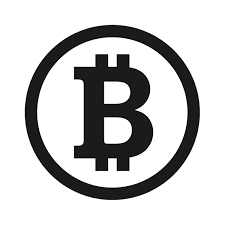- Two Swedish lawmakers are urging the government to add Bitcoin to national reserves, inspired by the U.S.
- strategy of accumulating seized crypto assets. Their proposals highlight a growing shift in Europe toward recognizing Bitcoin’s geopolitical and financial significance.
In a move that signals shifting tides in European financial policy, another Swedish lawmaker is calling for Bitcoin to be added to the country’s national reserves—mirroring recent efforts in the U.S. to build a digital asset stockpile.
On Monday, Dennis Dioukarev, a member of Sweden’s Riksdag representing the Sweden Democrats, formally questioned Finance Minister Elisabeth Svantesson on whether the government would consider accumulating Bitcoin through confiscated assets. He cited the U.S. government’s strategic use of seized digital currencies as a model, asking, “Is this something that the minister and the government are considering?”
Also read: Canada Launches First Spot Solana ETFs With Staking, Beating U.S. to the Market
Dioukarev’s inquiry follows closely on the heels of MP Rickard Nordin’s similar appeal just last week. Nordin urged the government to “rethink Sweden’s conservative approach” to reserves, noting Bitcoin’s rising role as both an inflation hedge and a tool for financial freedom under oppressive regimes.
The growing momentum in Sweden aligns with broader international developments. In March, U.S. President Donald Trump signed an executive order to establish a national Bitcoin reserve funded through seized crypto, authorizing federal departments to find budget-neutral methods for expanding those holdings. The order also introduced a Digital Asset Stockpile for non-Bitcoin crypto assets.
Europe is slowly catching up. Czech National Bank Governor Aleš Michl recently suggested Bitcoin could be added to the country’s $7 billion in foreign reserves as a diversification tool. Meanwhile, Italy’s largest banking group, Intesa Sanpaolo, made headlines earlier this year with a $1 million Bitcoin investment—marking a first for the nation’s financial institutions.
Still, not everyone in Europe is on board. European Central Bank President Christine Lagarde has dismissed Bitcoin as “unsafe,” asserting that it “will not enter the reserves of any of the central banks.”
Yet as Bitcoin trades around $85,586—still 21% below its January all-time high of nearly $109,000—calls for its institutional adoption are only growing louder. With lawmakers on both sides of the Atlantic pushing crypto into official policy, Sweden may soon find itself at the digital monetary crossroads.




